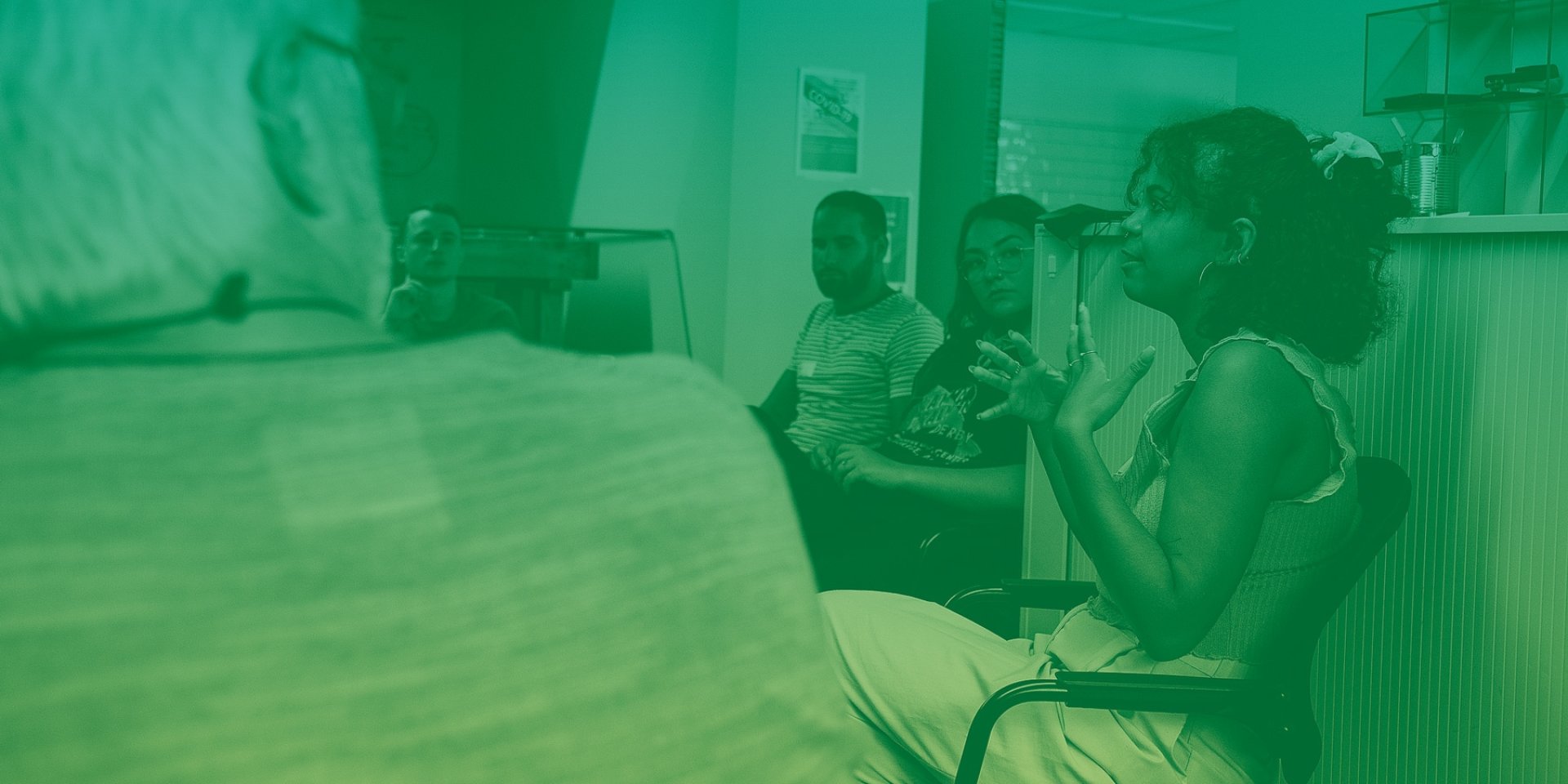ICTs in Poverty Alleviation

How does the use of Information and Communication Technologies (ICTs), especially mobile phones and internet, increase access to economic and educational resources in Ghana and in Mauritius? How can the use of ICTs reduce poverty and contribute to development? These are the encompassing research questions we seek to answer in the joint research partnership of Ghana, Mauritius and Switzerland. The research builds on the capability approach of Sen (19099) adopted to poverty in “Poor Economics” (Banerjee & Duflo, 2012). It presupposes that people defined as poor often lack relevant information. The fields of investigation and implementation are the Livelihood Empowerment Against Poverty (LEAP) Program in Ghana. In Mauritius it is the Relocation and Housing Project La Valette. In the LEAP Program mobile phones play an ever more important role and new solutions are tested. In Mauritius more encompassing IT-solutions as the introduction e-government are in discussion. Both technological approaches are part of ICTs which can briefly be defined as technologies serving to gather, process, disseminate information and support communication for different functions (Batchelor & Scott, 2005; Kleine, 2013). Within three scheduled steps, each research team develops, in coordination with the others, an appropriated methodology with a mixed methods research design allowing for comparison and exchange within the research partnership. These steps are: 1) To achieve within the Ghanaian, Mauritian, Swiss research partnership a shared understanding of the conceptual framework for the analysis of the roles ICTs play in social practice and social projects, of their modes and meanings; 2) To study selected neighborhoods and households, and empowerment strategies of the beneficiaries in order to achieve a clear understanding of how the beneficiaries involved in the projects make use of ICTs, how this affects their lives and how this enhances the chances of alleviating poverty; 3) To start from best practices and adapt, develop or create and test as output, in collaboration with computer technologists, new internet or mobile tools, new ways of using them for the chosen projects.